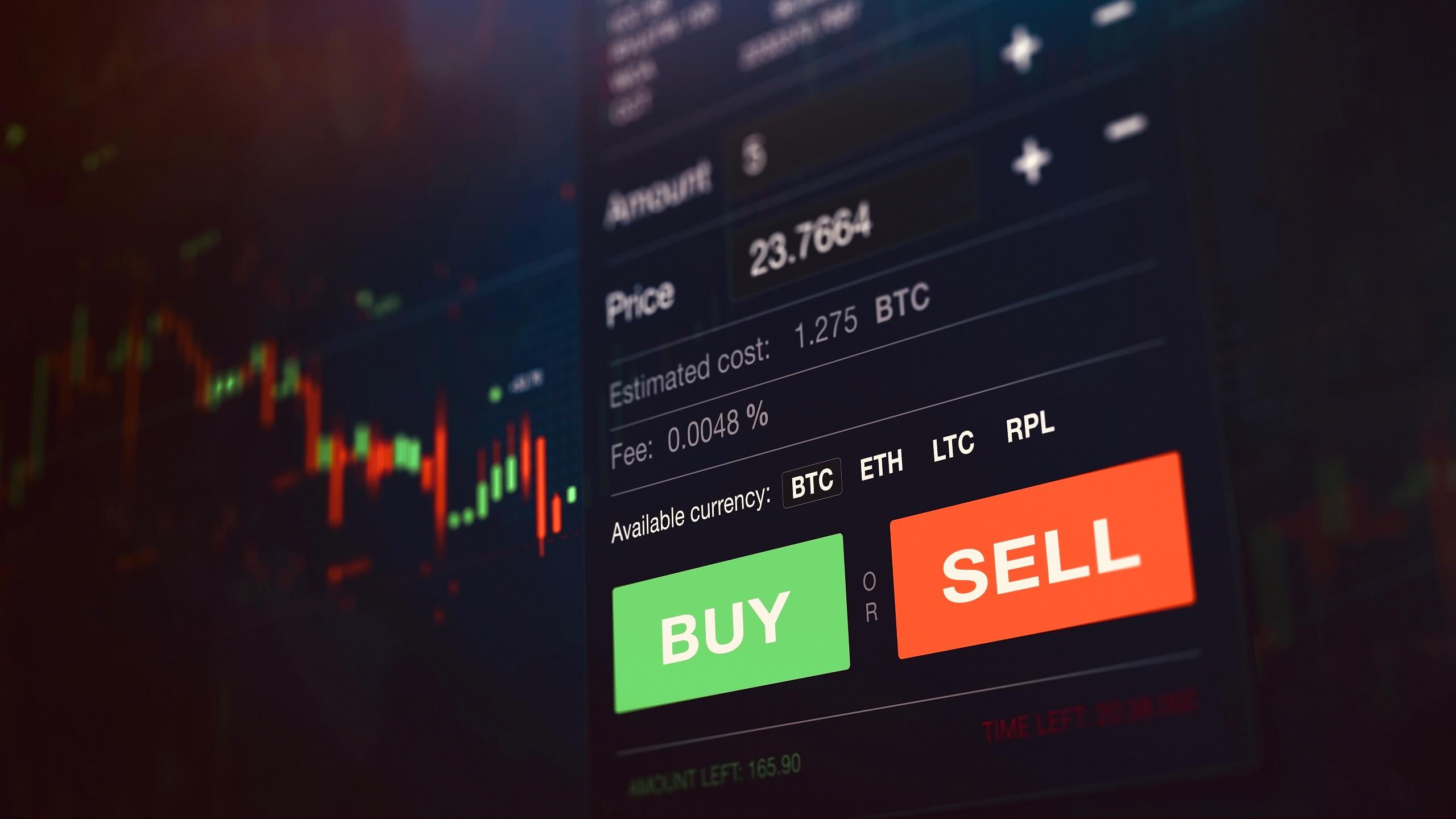If you’re going to access the global forex market, you’ll need to leverage an online brokerage or trading platform. The issue here is that not all of these entities have been created equal, with the terms ‘trader’ and ‘broker’ often used interchangeably despite being different and meaning variable things to investors.

In this post, we’ll explore the main differences between brokers and traders, while asking why it’s so important to understand these in detail.
What’s a Trader?
In simple terms, traders operate by buying or selling securities based on the instructions of a portfolio manager or themselves. The key distinction here is between professional and retail traders, as this changes the way in which individuals approach the market and whose money they use to execute trades.
For example, a professional trader may be assigned specific accounts, and subsequently charged with developing a tailored investment strategy that suits each one.
Typically, professional traders operate in a wealth of diverse markets, including forex, stocks, commodities, and derivatives, while they also perform their own research and in-depth analysis.
Conversely, retail traders access the market with their own money but tend not to do so for a living. This means that they’re more likely to operate on a part-time basis, while they may also open standard trading accounts or seek out lucrative forex bonus offers when getting started.
What’s a Broker?
If a retail trader does look to make his way into the market, the chances are that he’ll work alongside a licensed broker. A broker will be responsible for transmitting individual traders’ positions in real-time on exchanges and trading platforms, and in the digital age, the most accessible brokerage services have been integrated with online sites.
There are two main types of forex brokers, namely dealing desk and no dealing desk. The former is also referred to as a market maker and operates by taking the alternate side of the client’s trades and establishing the associated bid and ask price. Then, they wait for a trader who would like to take advantage of the set terms, creating the strange scenario where they can profit at the expense of their clients.
This is potentially a major drawback, while it certainly represents a worrying conflict of interest. As a result, you may prefer to trade within a no-dealing desk environment, which automatically matches client orders with other traders through a liquidity provider, allowing for instant and completely transparent trades.
The choice that you make is ultimately a personal one, depending on your motivation for trading, level of experience, and the amount of capital that you have to invest.
Ultimately, the most important thing is to understand the core differences between terms such as ‘trader’ and ‘broker’, while also comprehending how each plays its own unique role in driving the forex market.
Leave a Reply